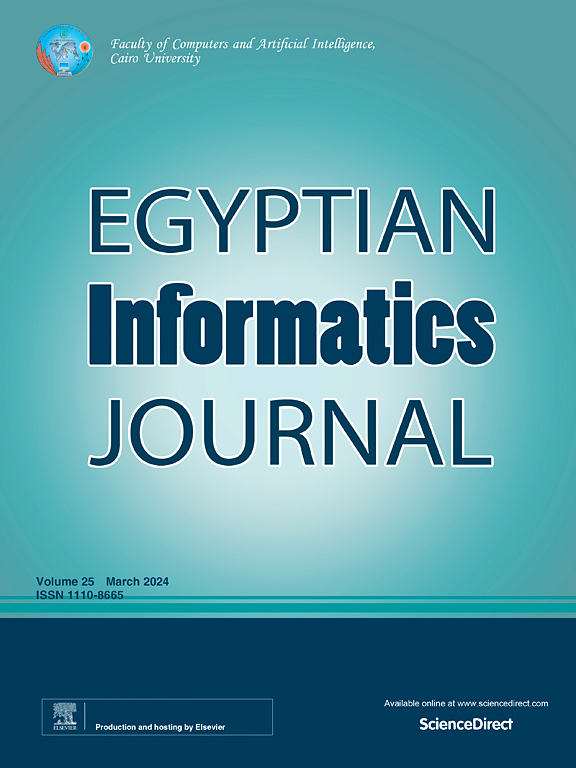Towards precision medicine in Glioblastoma: Unraveling MGMT methylation status in glioblastoma using adaptive sparse autoencoders
IF 5
3区 计算机科学
Q1 COMPUTER SCIENCE, ARTIFICIAL INTELLIGENCE
引用次数: 0
Abstract
Glioblastoma is a type of cancer known for its fast growth, invasive behavior, and resistance to different treatments. It accounts for more than 50% of all malignant brain tumors. Due to its complexity, it is crucial to customize treatment plans according to each patient’s needs. The methylation status of O-6-methylguanine-DNA methyltransferase (MGMT) is a crucial biomarker (Butler et al., 2020) for predicting patient response to treatment plans and plays a critical role in the treatment response and prognosis of patients with glioblastomas, which is an aggressive form of brain cancer. It is difficult to predict the MGMT methylation status using existing methods due to the heterogeneous contrast appearance, substantial variability within lesions, and irregular enhancement patterns associated with the MGMT signature in MR images. In this work, we propose a novel method ADAptive sParse auToencoders (ADAPT) to determine the methylation status of MGMT promoter gene from the signatures present in the MRI images. Our approach involves learning features by repeatedly producing artificial MRI images, followed by a tailored sparse autoencoder that incorporates an adaptive sparse penalty to predict the MGMT methylation status. To achieve this, we designed an autoencoder neural network to generate synthetic MRI slices which extract and learn features from numerous MR sequences. We then designed sparsity restrictions by modeling an adaptive sparse penalty along with employing transfer learning to predict the methylation status of the MRI slice. The behavior of adaptive sparse penalty adjusts itself and the learning parameters in accordance with changes in the data (i.e., contrast variations, tumoural location variation etc., in MR images). The proposed technique achieves significant improvements in MRI image synthesis, preserving the brain tissue, fat, and individual tumor structures in all MRI modality images. On top of that the adaptive sparse penalty parameter resulted in the highest scores for the prediction of MGMT methylation status. Based on the cross-validation results of the ADAPT framework, the adaptive sparse penalty model performed exceptionally well in predicting the MGMT methylation status in MRI images. It achieved an overall accuracy score of 0.95, a specificity of 0.93, and a sensitivity of 0.94, demonstrating a promising potential for enhancing the interpretation of MRI data in determining MGMT methylation status, thereby contributing to improved diagnostic accuracy, as well as constructing refined personalized treatment plans.
求助全文
约1分钟内获得全文
求助全文
来源期刊

Egyptian Informatics Journal
Decision Sciences-Management Science and Operations Research
CiteScore
11.10
自引率
1.90%
发文量
59
审稿时长
110 days
期刊介绍:
The Egyptian Informatics Journal is published by the Faculty of Computers and Artificial Intelligence, Cairo University. This Journal provides a forum for the state-of-the-art research and development in the fields of computing, including computer sciences, information technologies, information systems, operations research and decision support. Innovative and not-previously-published work in subjects covered by the Journal is encouraged to be submitted, whether from academic, research or commercial sources.
 求助内容:
求助内容: 应助结果提醒方式:
应助结果提醒方式:


